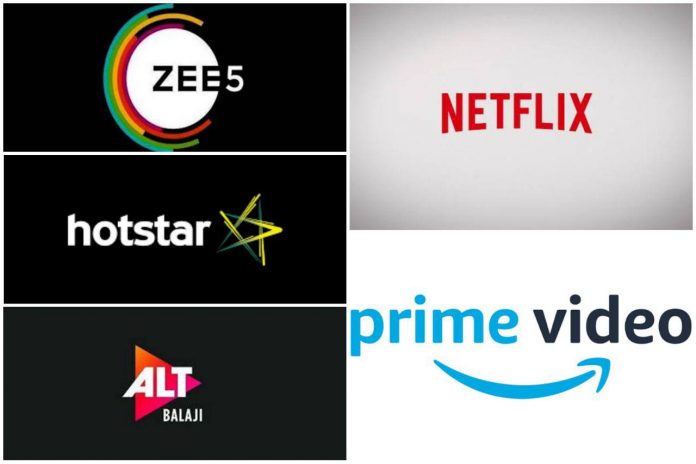A fear psychosis seems to have gripped the film industry, especially exhibitors, that too, owners of single-screen cinemas more than anybody else. The fear is that going forward, the audience and producers alike will get so used to OTT platforms that there may be no need for cinemas. But this thought process is fallacious for various reasons.
For one, films have always been made primarily to be enjoyed on the big screen. It doesn’t seem, that will change anytime soon even if the current climate seems to be so OTT-favourable. People forget that the world is passing through an extraordinary situation where they are/were all cooped up in their homes for weeks and months on end. With cinemas remaining shut during the lockdown induced by the coronavirus pandemic all over the world, people had no way of enjoying big-screen entertainment. They had to turn to television and streaming platforms for their dose of entertainment. Producers, whose films were ready for release, realised that OTT platforms could help them liquidate their heavy investments if they premiered their films on those platforms. And OTT platforms saw in this an excellent opportunity to increase their subscriber base by offering people brand new films. A win-win situation for all, given the terrible times the world has been passing through.
But to think that these times will become the norm and continue even after normalcy returns is incorrect. For one, the streaming platforms will not go on paying the fancy prices they have been paying producers during the lockdown. They may have deep pockets but once the growth rate of their subscriber base reduces, they will have to get the film prices down. That will happen (i) once the lockdown is lifted as people then won’t have all the time in the world to sit in front of their TV sets or computers to watch films on streaming platforms since they will get back to their routine of the pre-COVID days, and (ii) if films acquired by streaming platforms flop in quick succession.
The success rate of the Hindi film industry is around 20% and that may not change merely because films are releasing on OTT platforms instead of cinemas or because OTT platforms are paying producers anywhere between 10% and 80% extra for premiering their films instead of releasing on OTT eight or more weeks after theatrical release. With 80% of the films every year flopping, the pinch is bound to be felt by the streaming platforms too. They will have no option but to reduce the prices they pay for premieres.

Also, just because people have embraced OTT platforms in the lockdown period, it does not mean that they will continue their love affair with the Amazons and Netflixs of the world after the lockdown is lifted. To assume that the public will change its age-old habit of going to cinemas to consume films and embrace its new ‘habit’ of consuming films on streaming platforms is foolhardiness. Old habits die hard.
Even if one were to think from the point of view of the producers, let nobody fool himself into believing that they are extremely happy in the current scenario. It’s not so. That’s because the feeling that their film could’ve earned more from a theatrical release than the incremental price paid to their film by the OTT platform will always haunt them. After all, nobody makes a flop on purpose. Everyone sets out to make a hit film. Finally, it may be the public which decides whether a film is worth watching or not but till that doesn’t happen, every film is the biggest blockbuster in the mind of its producer. In that sense, no price, howsoever huge it might be, paid by any streaming platform, will make the producer happy. For him, there’ll always be that regret that had the film hit the screens, he would have probably earned far more than he did by premiering his film on an OTT platform. The thrill of the unknown is what drives the adventurous in the world. And, in that sense, every producer is adventurous. Otherwise, he wouldn’t have been a producer in the first place.


























